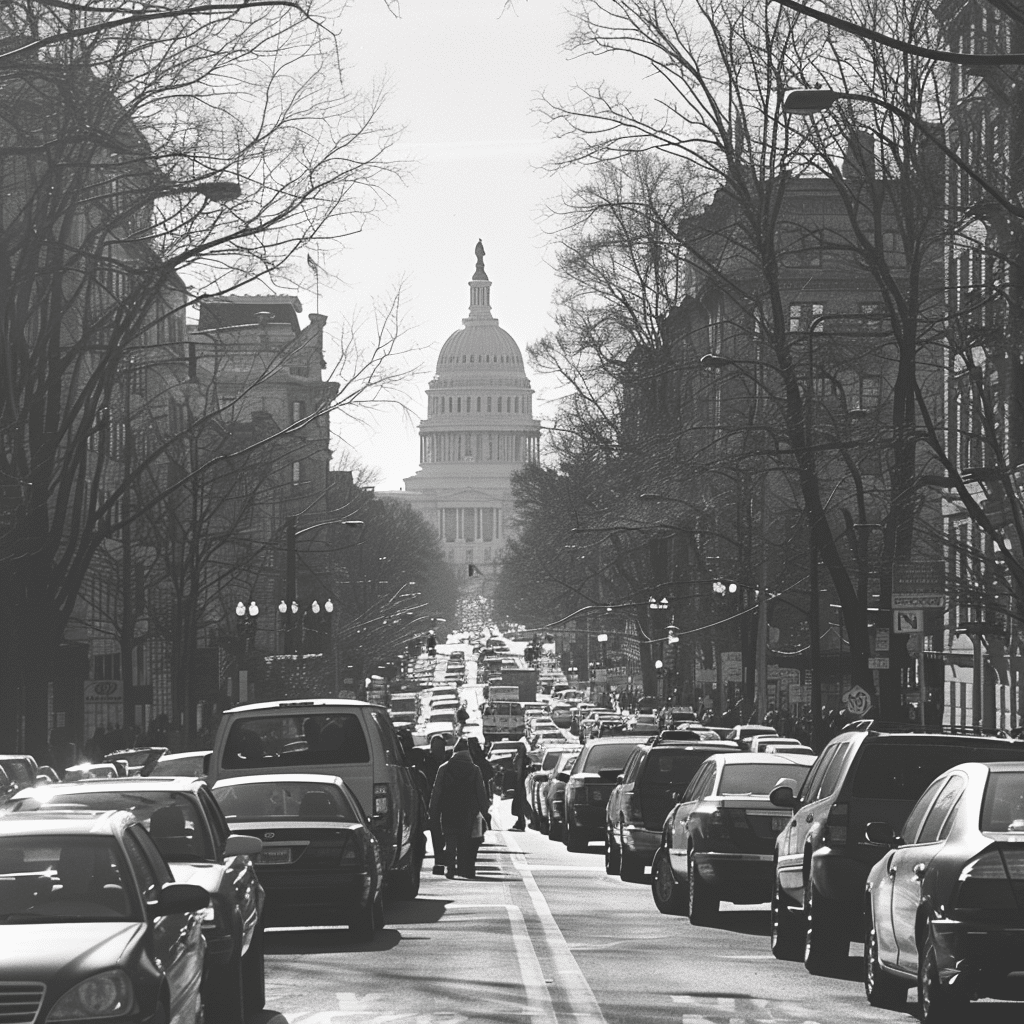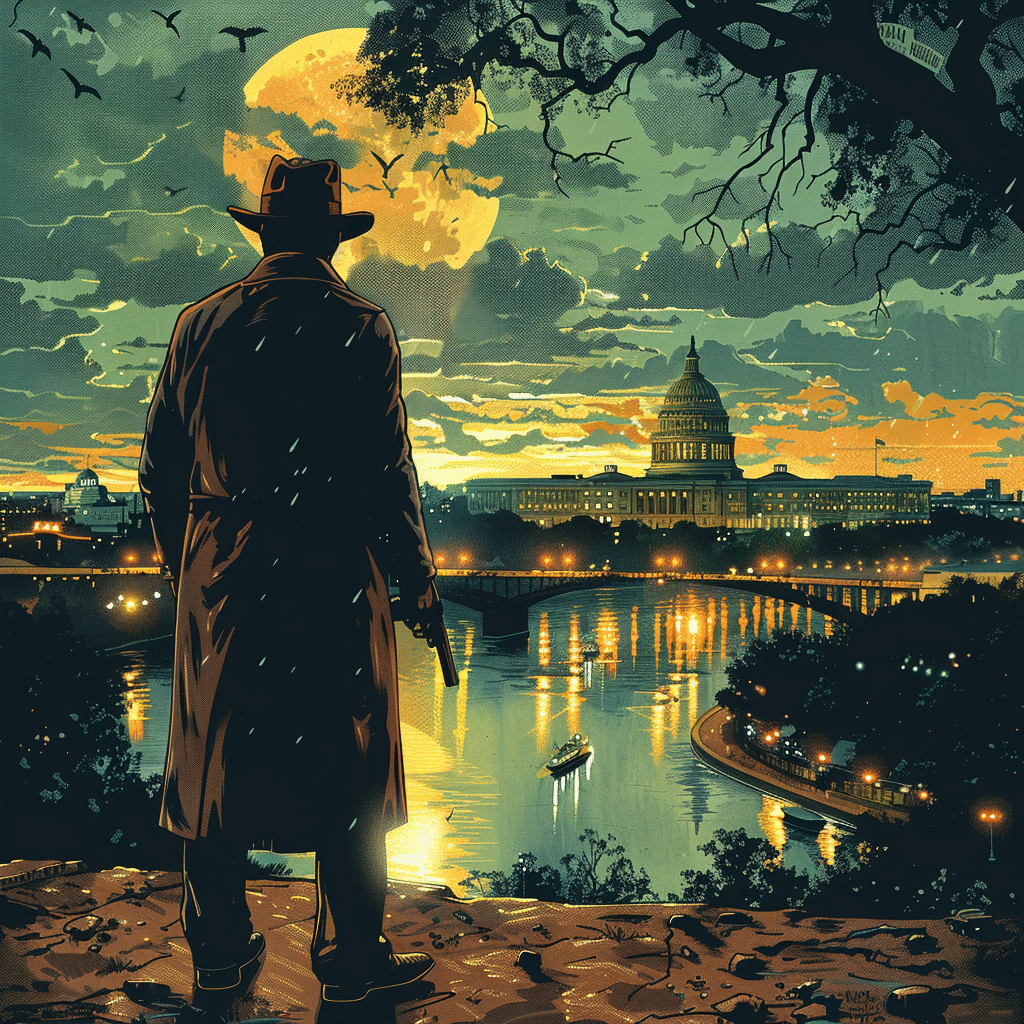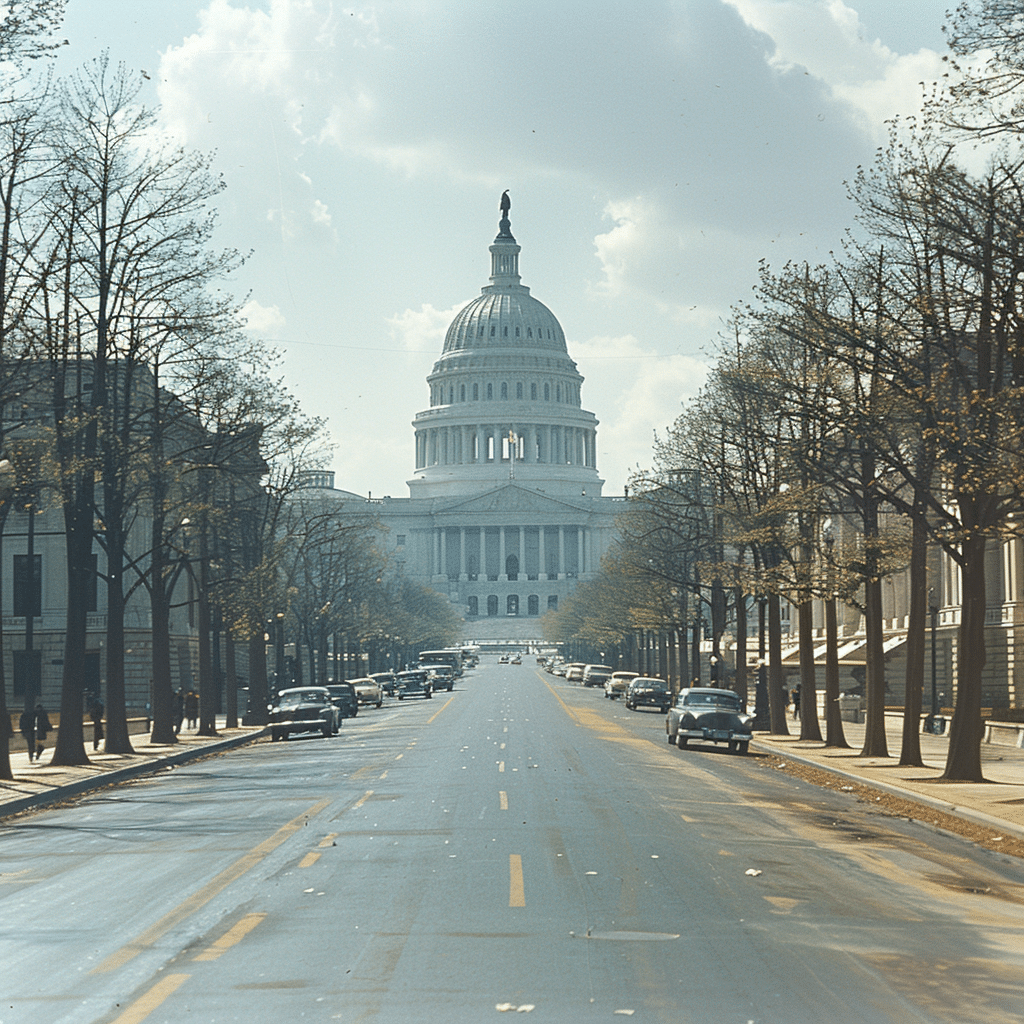Overview of the DC Crime Bill Debate
The new Washington DC Crime Bill has ignited a major debate in the nation’s capital. Encompassing extensive reforms aimed at reshaping the criminal justice system, this DC crime bill addresses everything from sentencing laws to police oversight. Supporters believe it’s a necessary move toward equity and justice; critics argue it poses risks to public safety. So, what’s really in this bill? And what do the residents and leaders of DC think about it?

Key Provisions of the Washington DC Crime Bill
Sentencing Reforms
Reduction of Mandatory Minimums: The bill proposes reducing mandatory minimum sentences for non-violent offenses. This aims to tackle mass incarceration, a problem that has plagued the U.S. for decades.
Resentencing Opportunities: There’s a path for individuals serving lengthy sentences for minor crimes to seek resentencing hearings. This could transform the lives of many who were victims of harsh sentencing laws during the tough-on-crime era.
Police Accountability Measures
Creating a Civilian Oversight Board: One significant provision is the establishment of an independent civilian board to review cases of police misconduct. This move aims to enhance transparency and public trust in the police force.
Body Camera Mandates: All police officers will be required to wear body cameras. This mandate seeks to ensure accountability and provide critical evidence in cases of disputed police actions.
Juvenile Justice Reforms
Raising the Age of Juvenile Jurisdiction: The bill proposes modifying the age at which juveniles can be tried as adults from 16 to 18. This is in line with research suggesting that younger individuals have greater capacity for change and rehabilitation.
Expansion of Juvenile Rehabilitation Programs: Increased funding and resources will be allocated to rehabilitation programs. These initiatives are aimed at reducing recidivism among young offenders, giving them a better shot at turning their lives around.

| Aspect | Details |
| Name of the Bill | Revised Criminal Code Act (RCCA) |
| Introduced By | Councilmember Charles Allen |
| Introduction Date | January 2021 |
| Primary Objective | Overhaul and update Washington D.C.’s criminal code, which has not been comprehensively revised in a century. |
| Key Features | – Reclassifies criminal offenses – Adjusts penalties and sentencing guidelines – Includes provisions for rehabilitation and reintegration – Implements clearer definitions and legal terms |
| Controversy | Concerns over leniency for certain offenses and potential impact on public safety |
| Supporters’ Reasons | – Modernizes outdated laws – Ensures fair and proportional sentencing – Enhances clarity and consistency in the legal system |
| Opponents’ Concerns | – Could result in reduced sentences for serious crimes – Possibility of increased crime rates |
| Public Reaction | Mixed: supported by legal reform advocates, opposed by some community groups and law enforcement agencies |
| Legislative Status | Passed by the D.C. Council, awaiting final approval |
| Broader Implications | Could serve as a model for criminal justice reform in other jurisdictions if successful |
| Price/Cost Impact | Potentially increased costs for implementation and training, but possible long-term savings through reduced incarceration rates |
The Political Landscape
Support and Opposition
Supporters: Advocacy groups like the Aclu Of Dc and national figures such as Senator Cory Booker endorse the bill. They emphasize its potential to correct systemic injustices inherent in the current system.
Opponents: Critics, including certain law enforcement officials and community leaders like DC Police Union Chief Greggory Pemberton, argue that the bill could incite higher crime rates. These adversaries fear a leniency that might embolden criminal behavior.
Legislative Journey
Initial Proposal: The bill was introduced by Councilmember Charles Allen in early 2023. The ambitious initiative was a response to long-standing calls for justice reform.
Council Deliberations: Over the year, the bill underwent numerous revisions. Public hearings and expert testimonies helped shape its final form.
Final Vote: In January 2024, the bill passed with a narrow majority vote. The stage is now set for its implementation in the coming months.
Community Reactions
Public Sentiment
Residents’ Concerns: The community is divided. While some worry about potential spikes in crime, others believe the bill will forge a fairer justice system. A Washington Post survey revealed that 48% support the bill while 45% stand opposed.
Advocacy Groups: Civil rights organizations like Black Lives Matter dc hail the bill as a critical step in dismantling racial disparities in the justice system. Conversely, victims’ rights organizations express anxiety about maintaining balanced reforms that also protect victims’ rights.
Analysis of Potential Outcomes
Positive Impacts
Potential Risks
Expert Opinions
Criminologists: Experts like Professor John Pfaff from Fordham University suggest that while the bill potentially sets a progressive example for other cities, robust evaluation mechanisms are vital Lenders in California.
Economists: Some economists advocate for reallocating funds saved from reduced incarceration towards community development programs. This strategy aims to offset any unintended consequences of the bill.
Future Directions
As Washington DC gears up for this transformative journey, the Washington DC Crime Bill‘s outcomes could offer lessons for cities nationwide. Close monitoring, continual dialogue among stakeholders, and adjustments based on observed impacts will be crucial to ensuring the bill’s success while mitigating potential pitfalls.
The Road Ahead
In an era of rising calls for justice reform, the DC crime bill exemplifies a bold experiment in balancing public safety and equitable judicial reform. The true measure of this bill’s success will lie in how effectively it’s implemented and the genuine, positive changes in the lives of Washington DC’s residents. As other cities and states watch closely, the results of this initiative could shape the future of criminal justice reform across the Houses For sale in Stoke on Trent.
This article provides an in-depth look at the Washington DC Crime Bill and its potential implications. With ongoing debates and a close eye on its rollout, the bill’s journey will be a significant story to follow.
Washington DC Crime Bill Sparks Controversy
The ongoing debate over the Washington DC crime bill has generated a flurry of heated discussions and public interest. Unsurprisingly, this piece of legislation isn’t just your run-of-the-mill bill. Here’s some fun trivia and interesting facts to highlight the intricacies of the proposal and the context surrounding it.
Historical Context
Washington DC’s criminal justice system has navigated countless changes over the decades. Did you know that the city once faced a dramatic increase in crime during the crack epidemic of the 1980s? This led to some of the country’s highest homicide rates. Fast forward to today, the Washington DC crime bill aims to tackle contemporary issues, sparking both support and opposition, almost as if history is repeating itself.
Economic Implications
On the flip side of the coin, there is some economic fallout to consider. Did you know that increasing spending to bolster security can have financial drawbacks? Although you might not immediately think of it, the Disadvantages Of increasing credit limit in other sectors often mirror the challenges faced when allocating funds to crime prevention. The Washington DC crime bill aims to balance the scales, but it’s a tightrope walk.
Trivia Galore
Here’s a bit of trivia: Washington DC has some peculiar laws on its books. For instance, did you know it’s illegal to whistle on a certain street? Strange, right? Yet, these quirky regulations reflect the nuanced legal landscape the Washington DC crime bill seeks to navigate. This highlights just how much attention is needed to update and refine the district’s legal framework for the modern age.
By understanding these intriguing facets of the Washington DC crime bill, we gain a deeper appreciation of the complexities involved. It’s clear that the implications of this legislation are more far-reaching and intertwined with the history and economy of the area than at first glance.




